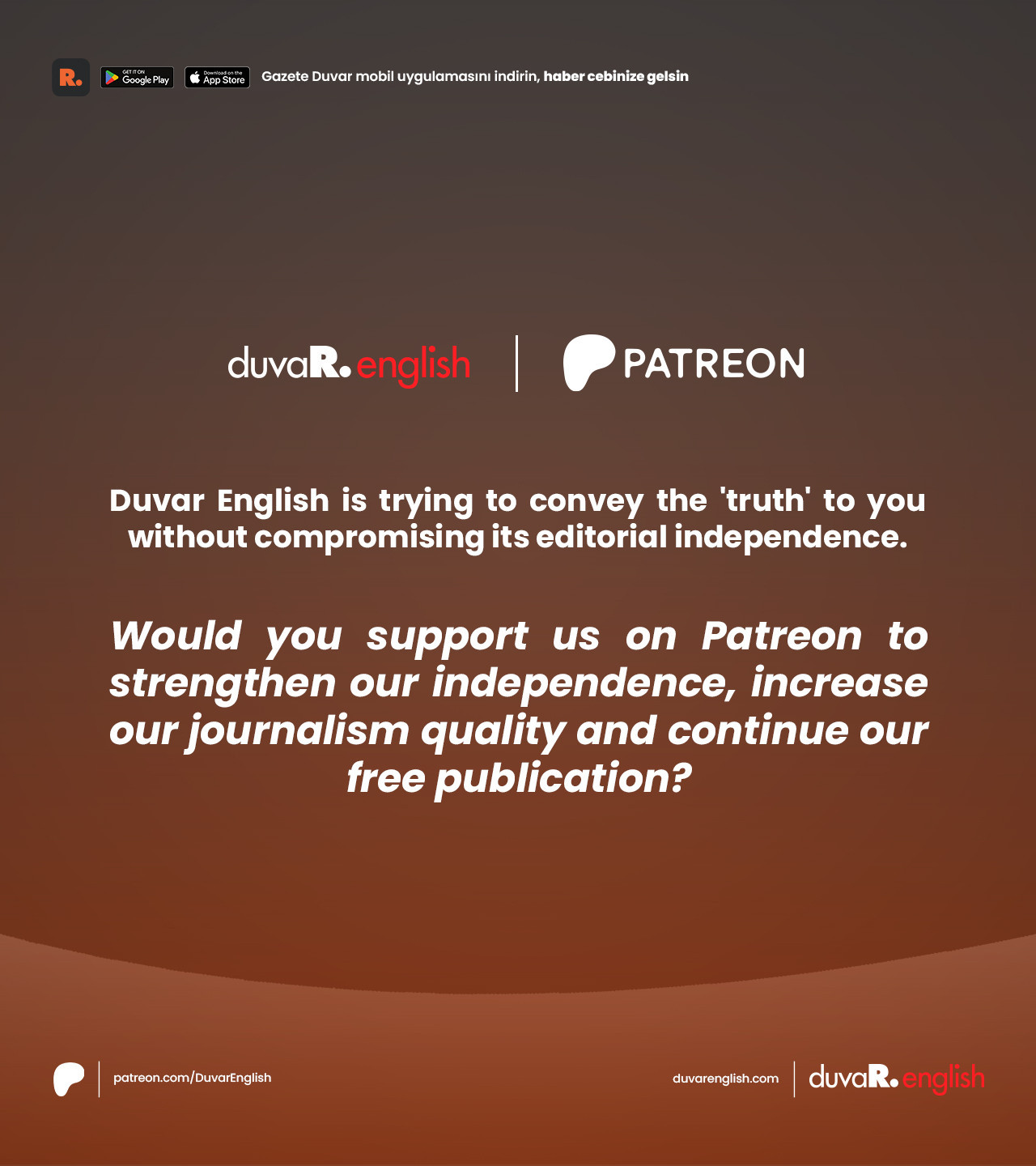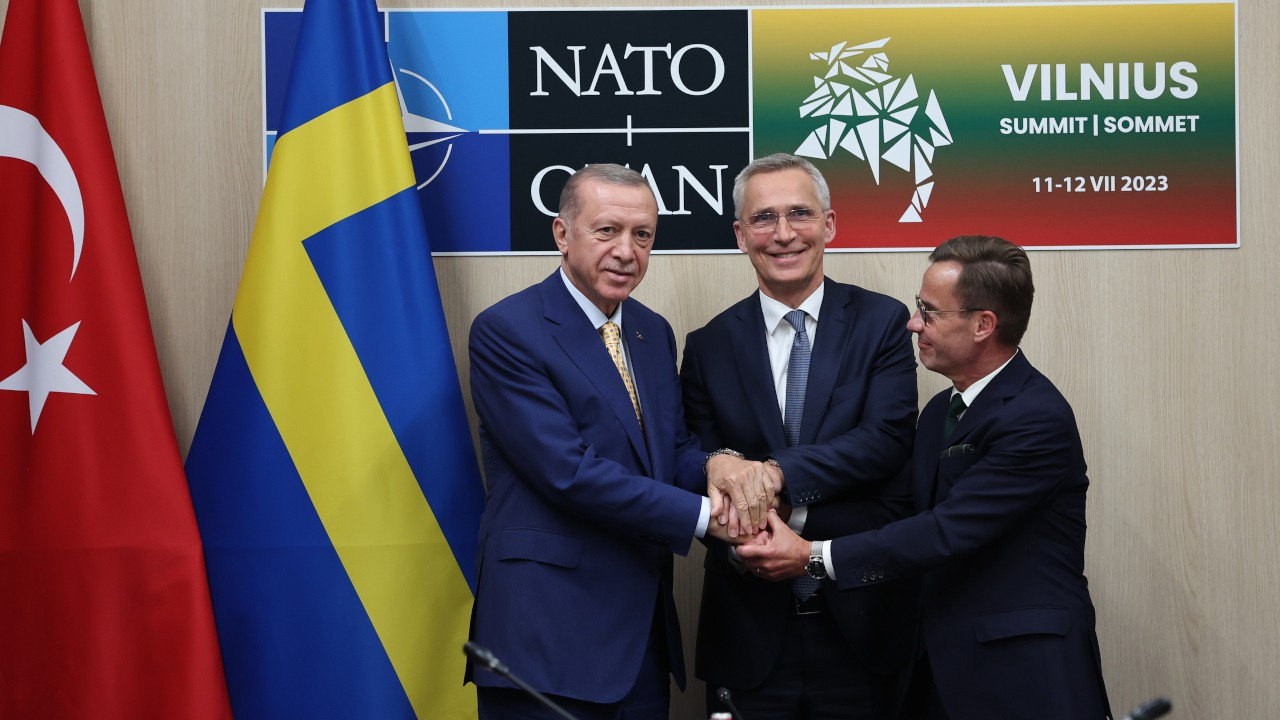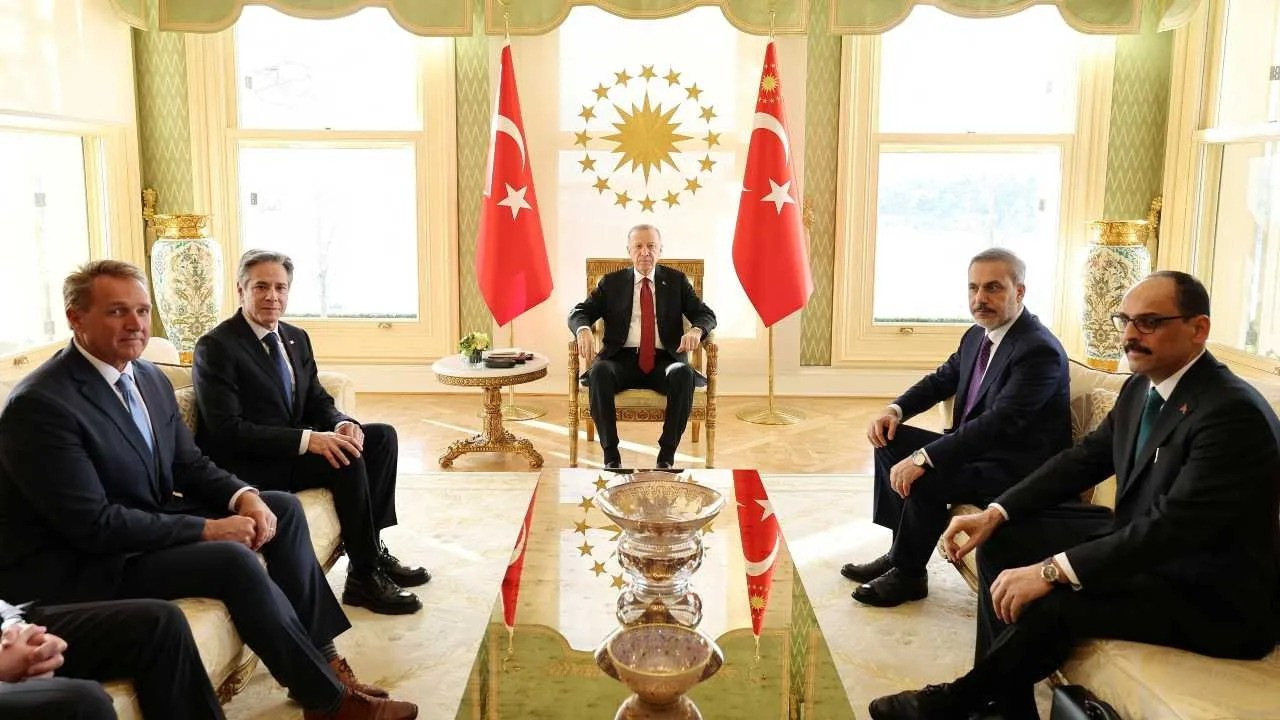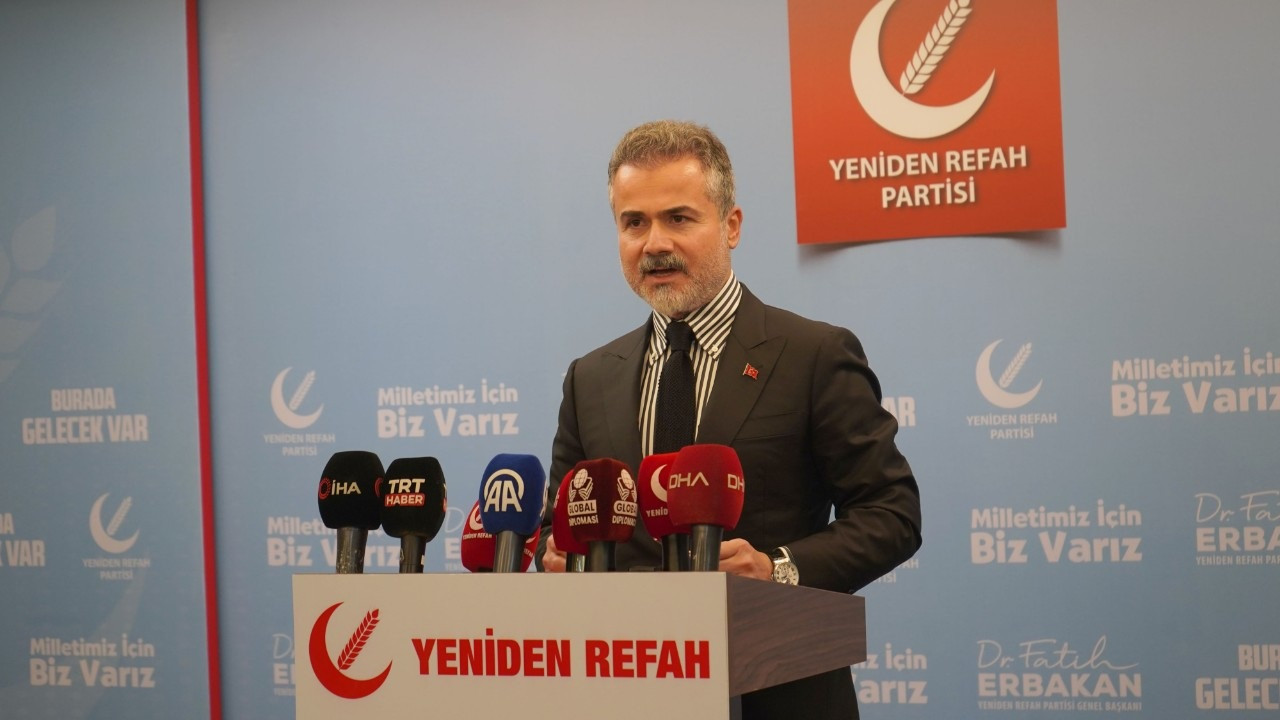Turkish Parliament votes 287-55 to approve Sweden's NATO accession
Turkish Parliament voted 287-55 to approve Sweden's NATO accession after 20 months of delay. While the ruling AKP, its nationalist ally MHP, and the main opposition CHP voted in favor of Sweden's bid, opposition nationalist, Islamist, and leftist parties rejected it along with AKP's three minor allies.
Duvar English & Reuters
Turkey's parliament ratified Sweden's NATO membership bid on Jan. 23, clearing the biggest remaining hurdle to expanding the Western military alliance after 20 months of delay.
Turkey's general assembly, where President Recep Tayyip Erdoğan's ruling People's Alliance holds a majority, voted 287-55 to approve the application that Sweden first made in 2022 to bolster its security in response to Russia's full-scale invasion of Ukraine.
Of the 346 lawmakers who participated in the voting, 287 voted in favor and 55 voted against. Four deputies abstained.
In parliament, Fuat Oktay, head of parliament's foreign affairs commission and a ruling Justice and Development Party (AKP) member, said AKP endorsed Sweden's NATO bid over its positive steps fighting terrorism.
"We support NATO enlargement to improve the alliance's deterrence efforts... We hope Finland and Sweden's attitude towards fighting terrorism sets an example for our other allies," Oktay said during debate.
The AKP's far-right ally Nationalist Movement Party (MHP) and the main opposition Republican People's Party (CHP), and right-wing DEVA Party also voted in favor of the Sweden's bid.
On the other hand, AKP's allies radical Islamist Free Cause Party (HÜDA-PAR), far-right New Welfare Party (YRP), and Democratic Left Party (DSP) voted against the Sweden's bid.
AKP's Mardin Deputy İsmail Erdem and Kocaeli Deputy Cemil Yaman from also voted against the motion.
Pro-Kurdish Peoples' Equality and Democracy (DEM) Party, Workers' Party of Turkey (TİP), Labor Party (EMEP), nationalist opposition Good (İYİ) Party, Islamist opposition Felicity Party also voted against the bid.
All NATO members need to approve applications from countries seeking to join the alliance. When Sweden and Finland asked to join in 2022, Turkey raised objections over what it said was the two countries' protection of groups it deems terrorists.
It endorsed Finland's membership in April last year but, along with Hungary, had kept Sweden waiting.
"I greatly appreciate the Turkish Parliament's decision to approve Sweden's entry into NATO today," U.S. Ambassador Jeff Flake said in a written statement.
He said Turkey's "commitment to the NATO Alliance clearly demonstrates our enduring partnership."
Swedish Foreign Minister Tobias Billstrom also welcomed the Turkish parliament's approval. "We now look forward to President Erdoğan signing the ratification document," Billstrom said in a written statement.
Sweden waits Hungary's decision
Erdoğan is expected to sign the legislation within days, leaving Hungary - whose Prime Minister Viktor Orban has friendly relations with Russian President Vladimir Putin - as the only member state not to have approved Sweden's accession.
Orban said earlier on Jan. 23 he had invited his Swedish counterpart to visit and negotiate his country joining the bloc. Hungary's parliament is in recess until around mid-February.
NATO Secretary General Jens Stoltenberg welcomed the Turkish move and said, "I also count on Hungary to complete its national ratification as soon as possible."
Turkey and Hungary maintain better relations with Russia than other members of the U.S.-led North Atlantic Treaty Organization.
What happened?
While opposing Russia's invasion of Ukraine, Turkey has criticized Western sanctions on Moscow. For its part, Russia has cautioned that it would respond if NATO bolstered military infrastructure in the two Nordic states.
Sweden, whose membership bid marked a historic shift away from a non-aligned security policy, would enhance NATO defenses in the Baltic Sea region facing Russia.
Turkey's delays had frustrated some of its Western allies and enabled it to extract some concessions.
Ankara had urged Stockholm to toughen its stance on local members of the Kurdistan Workers' Party (PKK), which the European Union and United States also deem a terrorist group.
In response, Stockholm introduced a new anti-terrorism bill that makes being a member of a terrorist organization illegal. Sweden, Finland, Canada and the Netherlands also took steps to relax policies on arms exports to Turkey.
Erdoğan, who had sent Sweden's bid to parliament in October, linked the ratification to U.S. approval of sales of F-16 fighter jets to Turkey.
The White House backs the sale and some analysts expect a deal to swiftly follow Turkey's approval of Sweden's bid. But there is no clear time frame for the U.S. Congress to approve the deal.


 Turkish parliament to debate Sweden's NATO bidDiplomacy
Turkish parliament to debate Sweden's NATO bidDiplomacy U.S. Secretary of State Blinken, Turkey's Foreign Minister Fidan talk Gaza, Sweden's NATO membership during Turkey visitDiplomacy
U.S. Secretary of State Blinken, Turkey's Foreign Minister Fidan talk Gaza, Sweden's NATO membership during Turkey visitDiplomacy Turkish gov’t ally New Welfare Party to vote against Sweden’s NATO bidPolitics
Turkish gov’t ally New Welfare Party to vote against Sweden’s NATO bidPolitics